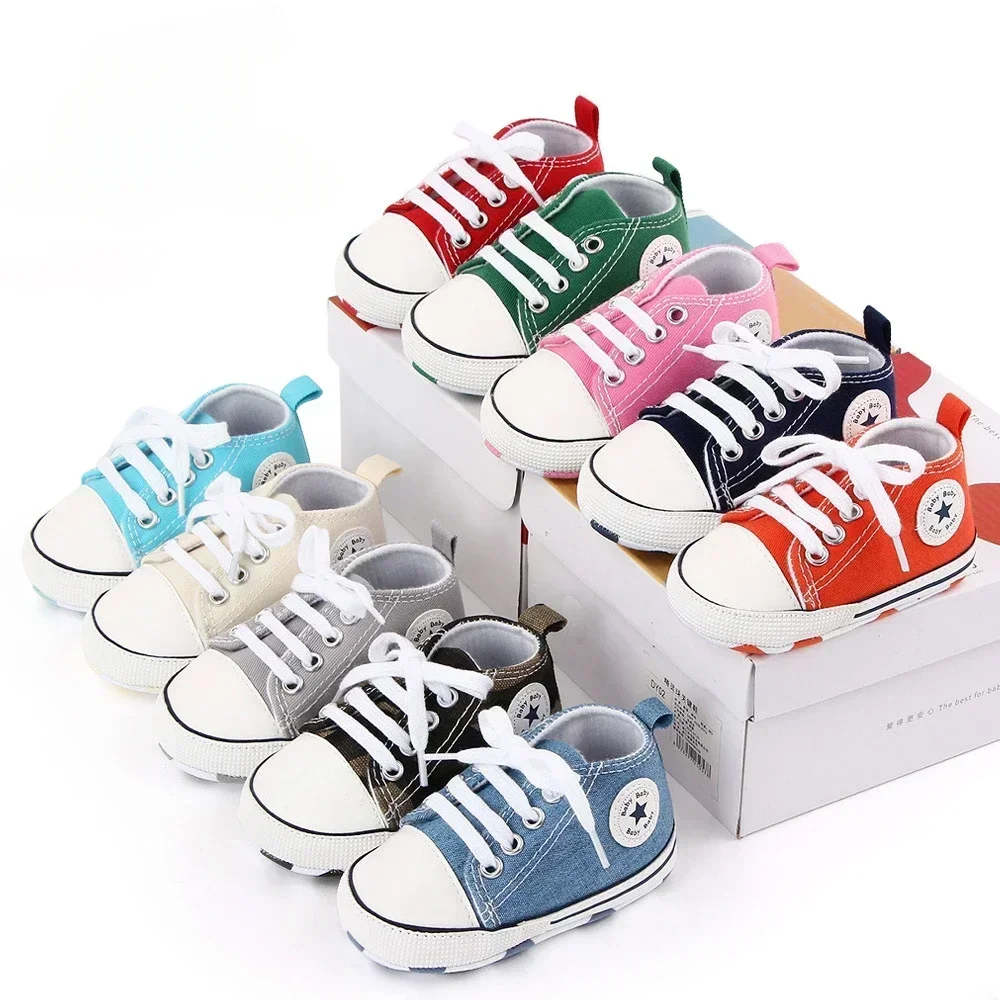As a new parent, it’s natural to feel anxious about your baby’s health and well-being. Understanding common baby health concerns and knowing when to seek medical attention can help ease your worries and ensure your baby receives the care they need. Here are some tips for managing common baby health concerns:
- Fevers: Fevers are a common symptom of illness in babies and are often caused by viral infections. Monitor your baby’s temperature regularly using a digital thermometer and seek medical attention if their fever is accompanied by other symptoms such as lethargy, irritability, or difficulty breathing.
- Colds and Respiratory Infections: Babies are prone to colds and respiratory infections, especially during the winter months. Keep your baby comfortable by ensuring they stay hydrated, using a humidifier to ease congestion, and using saline drops to clear their nasal passages. Seek medical attention if your baby’s symptoms worsen or if they have difficulty breathing.
- Diaper Rash: Diaper rash is a common condition that can cause redness, irritation, and discomfort in your baby’s diaper area. Keep your baby’s skin clean and dry by changing their diapers frequently, using a barrier cream to protect their skin, and giving them plenty of diaper-free time to allow their skin to breathe.
- Teething: Teething can be a challenging time for both babies and parents, as it can cause pain, irritability, and sleep disturbances. Provide your baby with age-appropriate teething toys to chew on, offer them cold washcloths or teething rings to soothe their gums, and consider using over-the-counter pain relievers or teething gels as recommended by your pediatrician.
- Digestive Issues: Babies’ digestive systems are still developing, which can lead to issues such as colic, gas, and constipation. Comfort your baby by holding them upright after feedings, gently massaging their tummy, and using gentle, circular motions to help release trapped gas. If constipation persists, consult your pediatrician for advice on safe remedies.
- Skin Conditions: Babies may experience a variety of skin conditions, including eczema, cradle cap, and baby acne. Keep your baby’s skin clean and moisturized, avoid harsh soaps and detergents, and dress them in loose-fitting clothing made from breathable fabrics. Consult your pediatrician if your baby’s skin condition worsens or if you have concerns about their skin health.
- Vaccinations: Vaccinations are crucial for protecting your baby from serious illnesses and diseases. Follow the recommended vaccination schedule provided by your pediatrician and ensure your baby receives all the necessary vaccines on time. Vaccinations not only protect your baby but also help prevent the spread of infectious diseases within the community.
By staying informed about common baby health concerns and knowing when to seek medical attention, you can help keep your baby healthy, happy, and thriving during their first years of life. Always consult your pediatrician if you have any concerns or questions about your baby’s health or development.






